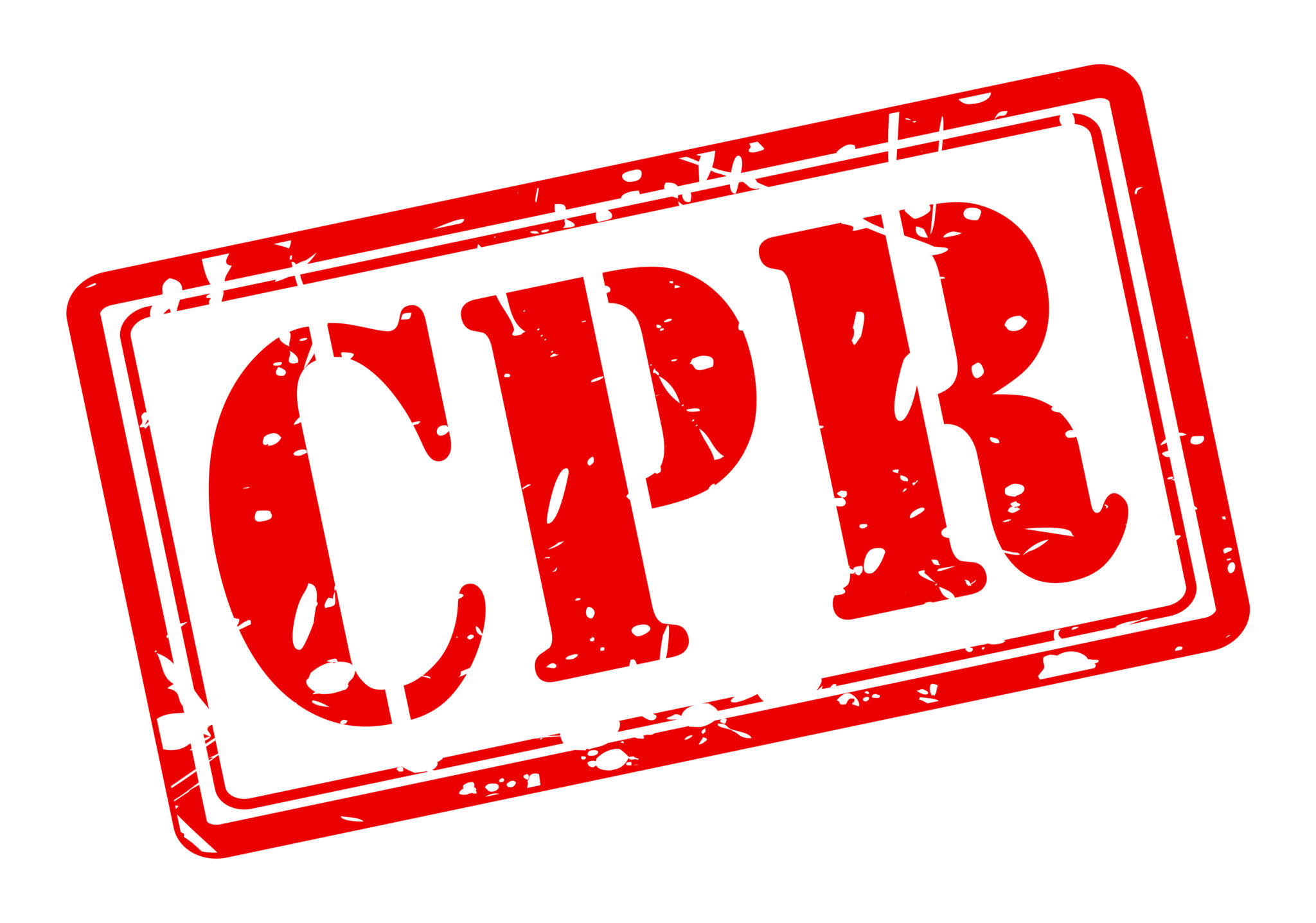CPR Class Augusta, GA.
CPR Class Augusta, GA. Compression-only CPR found effective Two studies of CPR techniques find that chest compressions alone, without forced breathing, are effective in helping victims of heart attacks.Chest compressions alone are as effective in rescuing victims of heart attacks as conventional cardiopulmonary resuscitation that combines compressions with forced breathing, researchers said Wednesday. CPR and heart attacks: The relative effectiveness of compression-only cardiopulmonary resuscitation did not properly distinguish between a heart attack and cardiac arrest. CPR should be administered during arrest —that is, when the heart stops pumping blood effectively. A heart attack — in which blood supply to the heart is blocked — can cause cardiac arrest. But heart attacks do not warrant CPR unless cardiac arrest occurs.Studies in confirm the growing idea that the breathing component of CPR is necessary only for children and those who have suffered drowning or who have respiratory problems. Recent guidelines based on these and earlier studies may overcome some of the fears of bystanders who are reluctant to initiate CPR because of the danger of infectious diseases.”These studies reinforce the message that the American Heart Assn. has been promoting ,” said Dr. Michael Sayre, a professor of emergency medicine at Ohio State University in Columbus and a spokesman for the heart association. “When you encounter a person who has collapsed suddenly, the best thing to do is to call 911 and then push hard and fast on their chest. It’s simple, and something anyone can do even if they don’t have any training.”CPR Class Augusta, GA. Compression-only CPR found effective Two studies of CPR techniques find that chest compressions alone, without forced breathing, are effective in helping victims of heart attacks.Chest compressions alone are as effective in rescuing victims of heart attacks as conventional cardiopulmonary resuscitation that combines compressions with forced breathing, researchers said Wednesday. CPR and heart attacks: The relative effectiveness of compression-only cardiopulmonary resuscitation did not properly distinguish between a heart attack and cardiac arrest. CPR should be administered during arrest —that is, when the heart stops pumping blood effectively. A heart attack — in which blood supply to the heart is blocked — can cause cardiac arrest. But heart attacks do not warrant CPR unless cardiac arrest occurs.Studies in confirm the growing idea that the breathing component of CPR is necessary only for children and those who have suffered drowning or who have respiratory problems. Recent guidelines based on these and earlier studies may overcome some of the fears of bystanders who are reluctant to initiate CPR because of the danger of infectious diseases.”These studies reinforce the message that the American Heart Assn. has been promoting ,” said Dr. Michael Sayre, a professor of emergency medicine at Ohio State University in Columbus and a spokesman for the heart association. “When you encounter a person who has collapsed suddenly, the best thing to do is to call 911 and then push hard and fast on their chest. It’s simple, and something anyone can do even if they don’t have any training.”

